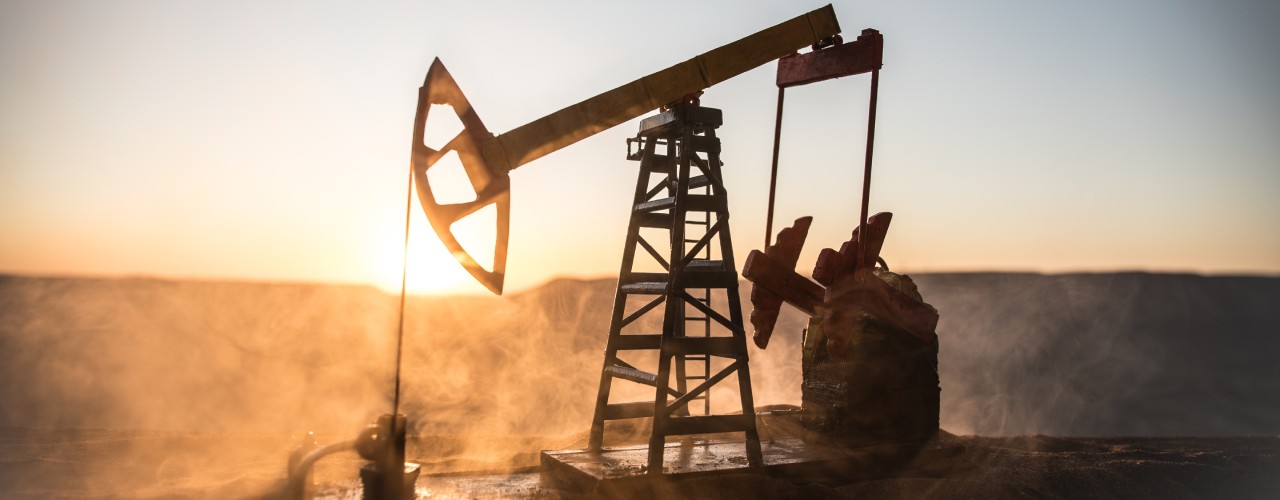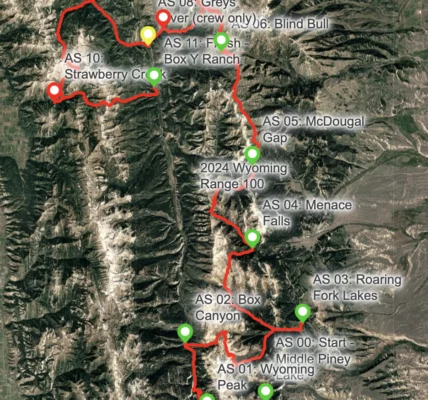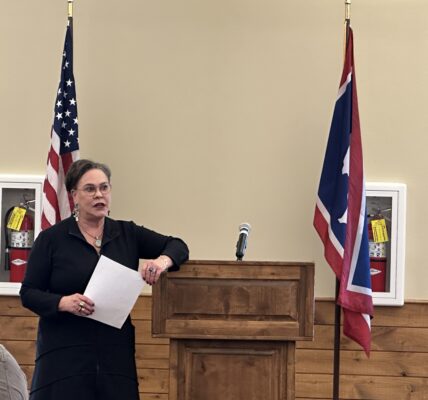Wyoming oil and gas industry poised for change under Trump administration
• Obermueller highlights potential for increased production and economic growth
In a recent interview on the Weekday Wakeup, Peter Obermueller, President of the Petroleum Association of Wyoming (PAW), shared his insights on the anticipated impacts a Trump Administration could have on Wyoming’s oil and gas sector. As the state grapples with fluctuating gas prices and regulatory hurdles, Obermueller’s comments provide a glimpse of optimism for the industry’s future.
RELATED: PETER OBERMUELLER PETROLEUM ASSOCIATION OF WYOMING –
Obermueller highlighted that his members produce an impressive 96% of the state’s oil and manage its transportation. However, he noted the difficulties faced in drilling over the past four years, primarily due to regulatory changes implemented during the Biden Administration.
“Drilling in Wyoming was pretty difficult over the past four years,” Obermueller remarked. He expressed a sense of relief at the prospect of a new administration, stating, “I could breathe a little easier” with the potential policy shifts on the horizon.
Obermueller is optimistic that in the Trump presidency, thousands of acres could be made available for oil and gas leasing in Wyoming. He pointed out that swift appointments of key personnel within the administration could facilitate rapid progress in the sector. “He is moving quickly. He has already named a lot of his team. This will make things happen quickly,” Obermueller noted.
One of the significant challenges highlighted was the inadequacy of recent federal lease sales, which offered only four disconnected parcels covering 87,000 acres. “We haven’t had a concise drilling plan in four years,” he said, advocating for a more focused approach that targets high-potential areas for leasing and development. This, he believes, could lead to a resurgence of interest in drilling operations across the state.
However, he acknowledged the ongoing challenges that accompany gas prices, particularly the geographical isolation of Wyoming from larger markets. “The gas prices are always challenging,” he explained, noting that regions like Lincoln County present logistical difficulties for transportation.
Obermueller’s insights suggest a cautiously optimistic outlook for Wyoming’s oil and gas industry, contingent on political changes that could restore momentum to a sector that has faced significant challenges in recent years. As the state watches closely, the potential for revitalization under a Trump Administration could signal a new chapter for Wyoming’s energy landscape.





